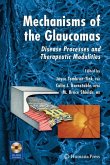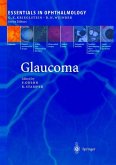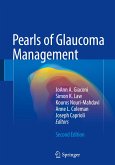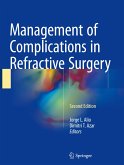Just as patients do not come to a medical office with the intention of suing the p- sician, physicians have no intention of harming their patients. The extensive tra- ing physicians undertake and the nature of the services they provide make them dedicated to doing their best for the well being of their patients. Medical training itself inculcates physicians with the philosophy of not making mistakes. The cri- rion for establishing medical malpractice is negligence on the part of the physician that is the proximate cause of an injury suffered by the patient. The definition of negligence refers to "an unintentional act or failure to act. " If a physician acts in a negligent manner regardless of whether he or she causes harm to a patient, it is an unintentional error. Allegations of negligence are thus not simply a legal challenge for physicians but are also a professional and psychological affront. It is very uns- tling for the physician who acts with the best of intentions to facethe allegation that his or her care was negligent. For physicians, who are trained to search for the truth, the process of litigation is antithetical to their manner of reasoning. The adversarial system of the law is not necessarily a search for the truth but rather the selective presentation of only that e- dence that is favorable to the plaintiff or to the defendant.
Bitte wählen Sie Ihr Anliegen aus.
Rechnungen
Retourenschein anfordern
Bestellstatus
Storno








